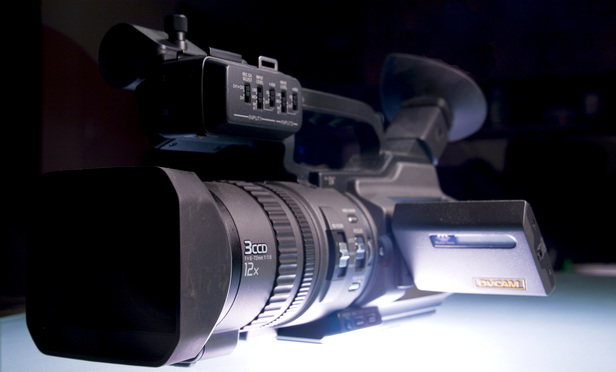It is playing Hamlet without the ghost to discuss police questioning without knowing what such questioning is really like.1
Ten years ago, the Massachusetts high court declared that it was dissatisfied with hearing “repeated pronouncements” about the benefits of recording stationhouse interrogations of suspects while seeing no changes in practice.2 It acidly noted that despite the readily available means for recording, the prosecution continued to proffer nothing but the interrogating officer’s personal recollection which, even if supplemented by contemporaneous notes, was “woefully incomplete and inherently unreliable.” Not only is the officer testifying about something that occurred months or years ago, his recollection is limited to what he himself considered significant. The issue was not the good or bad faith of the police, but whether the prosecution can be said to have met its obligation to prove the resulting confession voluntary beyond a reasonable doubt when it proffers such unnecessarily partial and inferior evidence:



